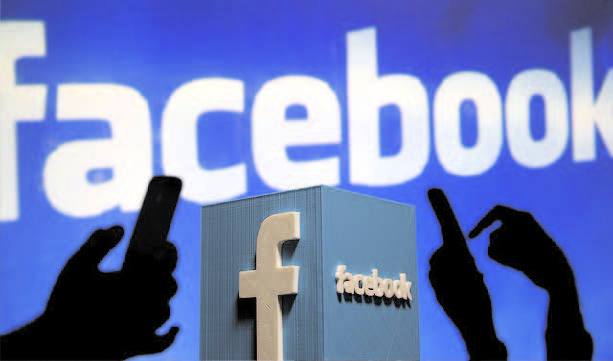Sameer Hinduja, an Indian-American cyberbullying expert has received a grant of $188,000 from Facebook to study cyberbullying and dating violence among teenagers in US.
The overarching goal of this study is to illuminate the nationwide prevalence, frequency and scope of cyberbullying and electronic dating violence among a population of youth in US.
“Cyberbullying is a unique form of digital abuse that involves a range of tormenting, humiliating, threatening, embarrassing and harassing behaviours and has gained a lot of attention in recent years,” said Hinduja, co-director of the Cyberbullying Research Centre and a professor of criminology and criminal justice at Florida Atlantic University.
“Many teens across the United States also experience dating violence that typically consists of various forms of mistreatment from insults and rumour spreads to threats and physical assaults,” said Hinduja, who received the USD 188,776 grant from the Digital Trust Foundation, formed by Facebook.
Hinduja and his collaborator Justin Patchin, a professor at the University of Wisconsin-Eau Claire and co-director of the Cyberbullying Research Center, will rigorously construct a nationally-representative panel of teens – ages 12 to 17 years old – who will be surveyed with parental consent.
Apart from descriptive findings by age, gender, grade, and other important demographics, the researchers also will collect data on contributing factors to perpetration and victimisation, as well as the negative outcomes that stem from cyberbullying participation as an aggressor or a target.
There are a number of similarities between cyberbullying and electronic dating violence. Both naturally employ technology and lead to specific emotional, psychological, physical, and behavioural consequences, researchers said.
“Most previous studies have focused on local schools or school districts as data sources. This leads to a key methodological limitation – the potential lack of generalisability – which can be addressed with a nationally-representative replication,” said Hinduja.
“Moreover, the few nationally-representative data sources that have been analysed are woefully out of date,” he said.
Results of the study will be disseminated through blogs and fact sheets posted on the Cyberbullying Research Centre website, which receives approximately 8,000 unique visitors each day, as well as through peer-reviewed journal articles and academic and professional conference presentations.
Hinduja has received the Global Anti-Bullying Hero Award for 2015 from Auburn University for his efforts and contributions on the subject.
He recently spoke on Capitol Hill at a Congressional Briefing about cyberbullying and teen dating violence.
